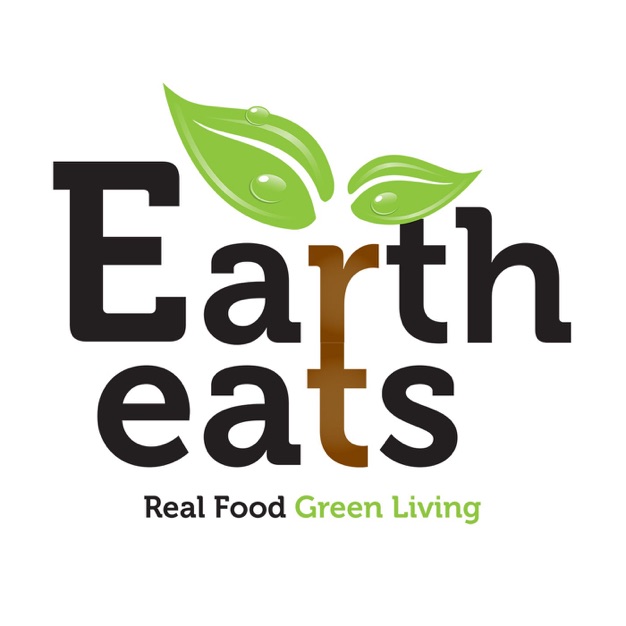
Earth Eats: Real Food, Green Living
Indiana Public Media
Earth Eats is a weekly podcast, public radio program and blog bringing you the freshest news and recipes inspired by local food and sustainable agriculture.
- 51 minutesThe bees are not alone in their hive
“So, I like to say that bees are just like us. So, bees have a society, and they live in a built environment, [they have a] little house, just like we have a little house, and they communicate through dance. I don’t know if we communicate through dance, but I think dance is also a thing that humans do…”
This week on the show we’re talking with microbiologist Irene Garcia Newton about the beloved honeybee. We learn about the various roles within a hive, and how the diet of a bee determines…well, EVERYTHING.
15 November 2024, 1:00 pm - 49 minutes 10 secondsThe night bakery–Derya Doğan shares delicious memories from home
“Imagine, we have dinner at 7, 8 pm–my baba would take all of the çörek to the bakery and have it baked and he’s back home at 10pm–doesn’t matter! Fresh tea, hot tea, feta cheese, olives, breakfast–that’s like your night breakfast the day before Eid.”
This week on the show, we spend time in the kitchen with Derya Dogan. She is a PhD candidate in Education Policy Studies in Middle Eastern Languages and Cultures at Indiana University.
She walks us through the steps of making her version of Poğaça–a Turkish hand pie filled with cheese and herbs. She shares treasured childhood memories of communal baking in her home town in Southeast Turkey.
8 November 2024, 1:00 pm - 51 minutesWherever there is a dialect there is a cuisine
“There is a beautiful Hindustani saying, ‘Kosa kosa per pani badle, chare kosa per vani,’ which means "Every two miles the water changes, and every four the language." So that, in fact, is the geography of taste and terroir in India.”
This week on the show, we talk with sociologist Krishnendu Ray about place and food and caste in India and how identity can be defined as much by what you DON'T eat, as by what you DO eat.
And we share a recipe for a home grown hot sauce that cannot be prepared indoors.
1 November 2024, 12:00 pm - 51 minutesSomething stinks in rural America
"It really revolves around the environmental justice issues. These operations are popping up in communities of color, where they don't really have a lot of political clout. But these people have fought back."
This week on the show a conversation with Sherri Dugger and Craig Watts with Socially Responsible Agriculture Project. We talk about the work they’re doing to support people living in rural communities dealing with the consequences of factory farming operations located in their neighborhoods.
25 October 2024, 12:00 pm - 50 minutes 56 secondsGrowing familiar foods helps refugees feel at homeMany of the farmers talked about the ability to be out in nature with other members of their family and other members of their community and several of them also talked about the benefits of being able to interact with people from other communities.
This week on the show, we talk with geographer Pablo Bose about innovative resettlement projects that help refugees connect with familiar foods from home, through gardening in community with others.
18 October 2024, 12:00 pm - 51 minutesLocal shop with a history serves home cooks and professionals, alike
“As you walk through the doors, whether you like to cook or you don’t like to cook, you feel welcome, and things are accessible…”
“What our vision is, is to make it a better world through breaking bread at the kitchen table, if you will.”
This week on the show, we talk with co-owners of Bloomington’s independent, locally-owned kitchen supply store, Goods for Cooks. We hear some of the shop’s nearly 50 year history, as it has changed hands, updated, and maintained a commitment to quality goods and face-to-face customer service.
Plus a story from Harvest Public Media about a native midwestern fruit that should be way more popular than it currently is.
11 October 2024, 12:00 pm - 50 minutes 59 secondsGreek cuisine today sparks memory and nostalgia
“As Greeks, we don't really shop from supermarkets. Everyone knows someone who knows someone who comes from a village and has access to olive trees and olive oil.”
On today’s show, a conversation with Greek chef and anthropologist Nafsika Papacharalampous. She shares a recipe for Greek comfort food, and talks with me and Ogla Kalentzidou about the role of memory and nostalgia in contemporary Greek cuisine.
Plus a story from Harvest Public Media about how prairies might be making a comeback in farm country.
4 October 2024, 12:00 pm - 51 minutesExploring the role of Burmese refugees in the US food system
“We know that there are all sorts of good chemicals that come out of the dirt and working with land–working with plants–that are beneficial to our mood and our health. For refugee populations that have had to be on the run or had to live in refugee camps for decades, having a little piece of land that you can tend to that you can take care of and then see the results and not feel like you’re gonna be bombed out the next day–it brings a kind of peace of mind and a little bit of healing.”
This week on the show, Tammy Ho, Professor of Gender and Sexuality studies at University of California-Riverside, shares her research about refugees from Burma and their participation in the United States food system. We’ll learn about a supermarket sushi mogul, Burmese meatpackers as essential workers, and how a group of refugees saved a failing church by starting a community garden.
27 September 2024, 12:00 pm - 51 minutes 1 secondWho are the modern day robber barons of our food system?
“At least 100 years ago, the last robber barons, we got nice libraries out of it. This one, it’s like ‘oh, what is the family using its money for? To gut public education via charter school networks?’ It’s kind of Machiavellian–it’s Machiavellian in a really sad way”
This week on the show, I’m talking with Austin Frerick, the author of Barons: Money, Power, and the Corruption of America’s Food Industry. Frerick uncovers the sometimes shocking facts about seven large companies who play an outsized role in our nation’s food system. From hog barons to coffee barons, to Indiana’s own dairy barons, Fair Oaks farm.
20 September 2024, 12:00 pm - 50 minutes 58 secondsNew Growth cultivates a sustainable local food system
“And that’s why we call it a food value chain.You know, it’s a supply chain but it’s based on the values that you have as far as how the land is treated, how people are treated, what kind of nutrition contents in your food–all those things [that] people up and down–from the farmer to the consumer have an interest in. And so, this system that we’re developing is about addressing those values and making sure they happen.”
This week on the show, an uplifting conversation about organizations and coalitions working together for stronger rural economies and robust local food systems. We talk about micro lending, food hubs, farm-to-school programs and more.
13 September 2024, 12:00 pm - 51 minutesFor owners and for labor, restaurants are difficult
“When you have to make those decisions do you buy the nicest ingredients to make your food, since that’s why people are there? Or do you pay your employees two dollars more an hour? Or do you rent the building that’s gonna put you in the location that gives you the highest chance of success? I think that in many ways restaurant owners have one of the most complicated business owning ventures that you can think of. They are balancing so many different goals in one space.”
Today we’re talking with geographer Jennifer Watkins about restaurants–about owners, workers, customers and how precarious the whole industry appears to be in this moment.
6 September 2024, 12:00 pm - More Episodes? Get the App
Your feedback is valuable to us. Should you encounter any bugs, glitches, lack of functionality or other problems, please email us on [email protected] or join Moon.FM Telegram Group where you can talk directly to the dev team who are happy to answer any queries.
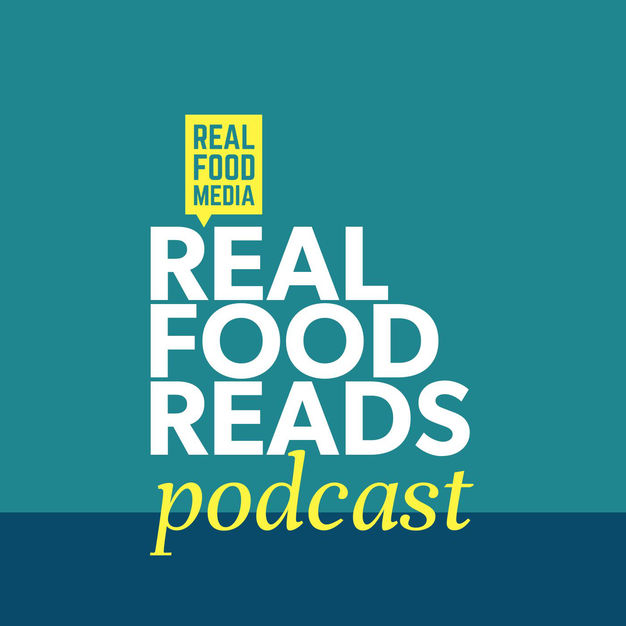 Real Food Reads
Real Food Reads
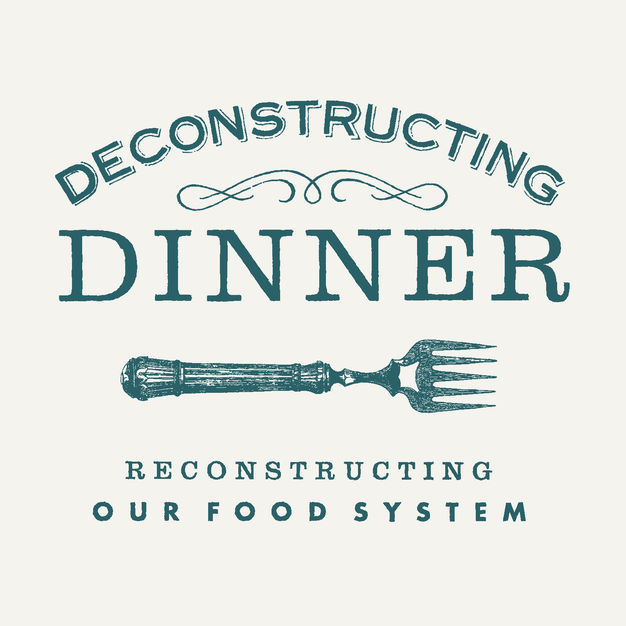 Deconstructing Dinner
Deconstructing Dinner
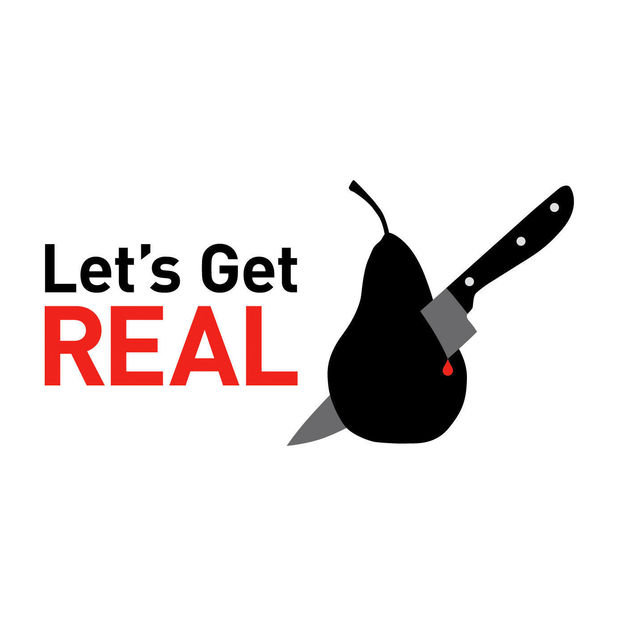 Let's Get Real
Let's Get Real
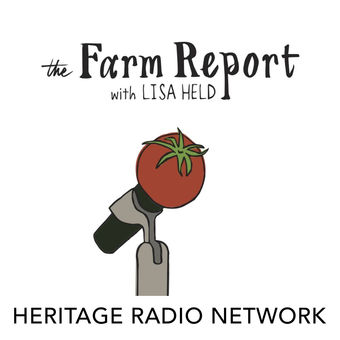 The Farm Report
The Farm Report
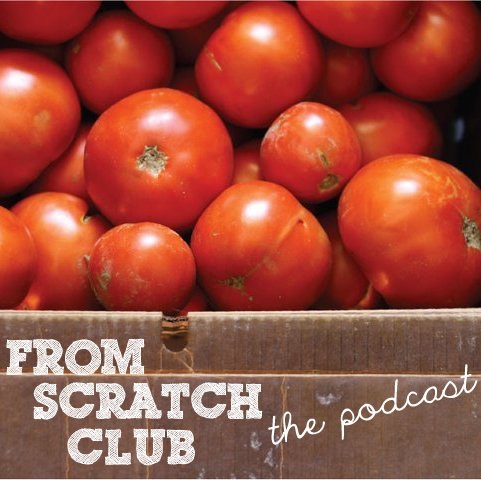 From Scratch Club Podcast
From Scratch Club Podcast
 Root Simple Podcast
Root Simple Podcast